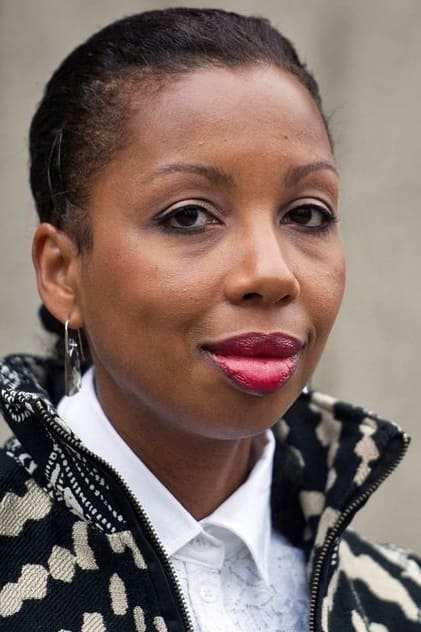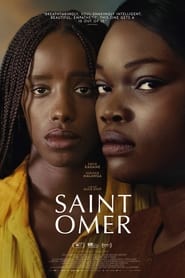Marie N'Diaye

Known For: Writing
Gender: Female
Date of Birth: June 4, 1967 (58 years old)
Place of Birth: Pithiviers, Loiret ,France
Marie NDiaye (born 4 June 1967) is a French novelist, playwright and screenwriter. She published her first novel, Quant au riche avenir, when she was 17. She won the Prix Goncourt in 2009. Her play Papa doit manger is the sole play by a living female writer to be part of the repertoire of the Comédie française. She co-wrote the screenplay for the 2022 legal drama Saint Omer alongside its director Alice Diop, and Amrita David. In September 2022 the film was selected as France's official selection for Best International Film at the 95th Academy Awards. NDiaye was born in 1967 in Pithiviers, France, to a French mother and a Senegalese father. She grew up with her mother and her brother Pap Ndiaye in the suburbs of Paris. Her parents met as students in the mid-1960s, but her father returned to Senegal when she was one year old. She began writing at the age of 12. As a senior in high school, she was discovered by Jerome Lindon, founder of Éditions de Minuit, who published her first novel, Quant au riche avenir, in 1985. She subsequently wrote six more novels, all published by Minuit, and a collection of short stories. She also wrote her Comédie classique, a 200-page novel made up of a single sentence, which was published by Éditions P.O.L in 1988, when she was 21 years old. In addition, NDiaye has written a number of plays. She co-wrote the screenplay for White Material with director Claire Denis. Her 2003 drama Papa doit manger is distinguished as the second play by a female writer to be taken into the repertoire of the Comédie française. In 1998, NDiaye wrote a letter to the press in which she argued that her novel La Sorcière, published two years earlier, had strongly informed the content of Naissance des fantômes, the second novel of successful author Marie Darrieussecq. Her novel Trois femmes puissantes won the 2009 Prix Goncourt. In his 2013 critical study of the author, Marie NDiaye: Blankness and Recognition, British academic Andrew Asibong describes her as "the epitome of a certain kind of cultural brilliance". In his psychoanalytic exploration of the writer's evocation of trauma and disavowal, he says that "NDiaye's work explores the violence done to the subject's capacity for feeling and knowing". In an interview published by Les Inrockuptibles on 30 August 2009, NDiaye declared about Sarkozy's France, "I find that France monstrous. The fact that we [with her companion, writer Jean-Yves Cendrey and their three children-- editor's note] have chosen to live in Berlin for two years is far from being unrelated to that. We left just after the elections, in a large part because of Sarkozy, even if I am very aware that saying that can seem snobbish. I find that atmosphere of vulgarity and heavy policing detestable ... Besson, Hortefeux, all of those people, I find them monstrous". Source: Article "Marie NDiaye" from Wikipedia in English, licensed under CC-BY-SA 3.0.


